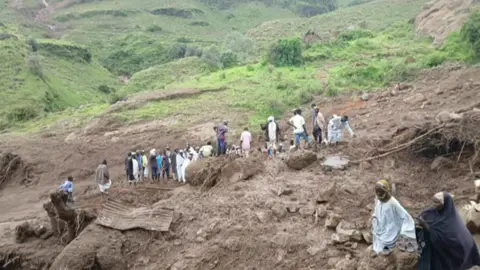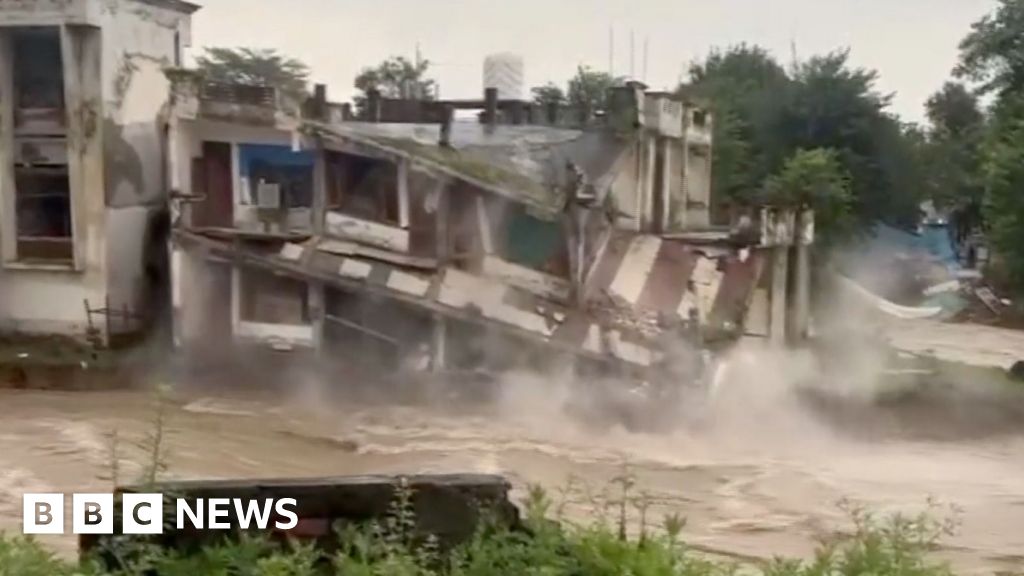The World Weather Attribution study, the first rapid assessment of mortality linked to climate changes during a heat wave, offers a troubling glimpse into the future of climate health crises. Researchers focused on data from 12 European cities during a critical five-day heat span between June 23 and July 2, when temperatures soared, notably peaking at 99 degrees Fahrenheit in Paris. They estimated that climate change may have effectively tripled the number of excess deaths compared to historical averages.
With actual death counts pending for several months, the researchers relied on established patterns of mortality correlating with extreme heat. “These numbers represent real people who have lost their lives in the last days due to the extreme heat,” noted Friederike Otto, a climate science professor at Imperial College London and one of the study’s authors. The team assessed how much hotter the heat wave would have been without human-induced climate shifts, deducing the additional fatalities resulting from these record temperatures.
In light of these results, the urgency of combating climate change becomes even clearer. Such heat waves not only symbolize rising global temperatures but also reflect the dire consequences for public health in an era of climate instability. With growing frequency and intensity of heat-related events projected due to ongoing climate change, the implications for vulnerable populations are increasingly alarming, compelling governments and health authorities to prioritize adaptive strategies.
With actual death counts pending for several months, the researchers relied on established patterns of mortality correlating with extreme heat. “These numbers represent real people who have lost their lives in the last days due to the extreme heat,” noted Friederike Otto, a climate science professor at Imperial College London and one of the study’s authors. The team assessed how much hotter the heat wave would have been without human-induced climate shifts, deducing the additional fatalities resulting from these record temperatures.
In light of these results, the urgency of combating climate change becomes even clearer. Such heat waves not only symbolize rising global temperatures but also reflect the dire consequences for public health in an era of climate instability. With growing frequency and intensity of heat-related events projected due to ongoing climate change, the implications for vulnerable populations are increasingly alarming, compelling governments and health authorities to prioritize adaptive strategies.



















